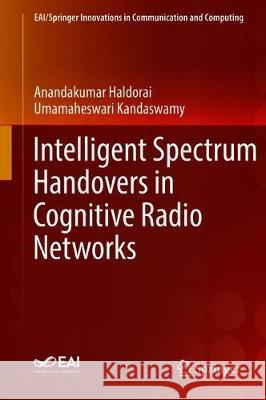Intelligent Spectrum Handovers in Cognitive Radio Networks » książka
topmenu
Intelligent Spectrum Handovers in Cognitive Radio Networks
ISBN-13: 9783030154158 / Angielski / Twarda / 2019 / 217 str.
Intelligent Spectrum Handovers in Cognitive Radio Networks
ISBN-13: 9783030154158 / Angielski / Twarda / 2019 / 217 str.
cena 483,04
(netto: 460,04 VAT: 5%)
Najniższa cena z 30 dni: 462,63
(netto: 460,04 VAT: 5%)
Najniższa cena z 30 dni: 462,63
Termin realizacji zamówienia:
ok. 16-18 dni roboczych.
ok. 16-18 dni roboczych.
Darmowa dostawa!
Kategorie:
Kategorie BISAC:
Wydawca:
Springer
Seria wydawnicza:
Język:
Angielski
ISBN-13:
9783030154158
Rok wydania:
2019
Wydanie:
2019
Ilość stron:
217
Waga:
0.50 kg
Wymiary:
23.39 x 15.6 x 1.42
Oprawa:
Twarda
Wolumenów:
01
Dodatkowe informacje:
Wydanie ilustrowane











